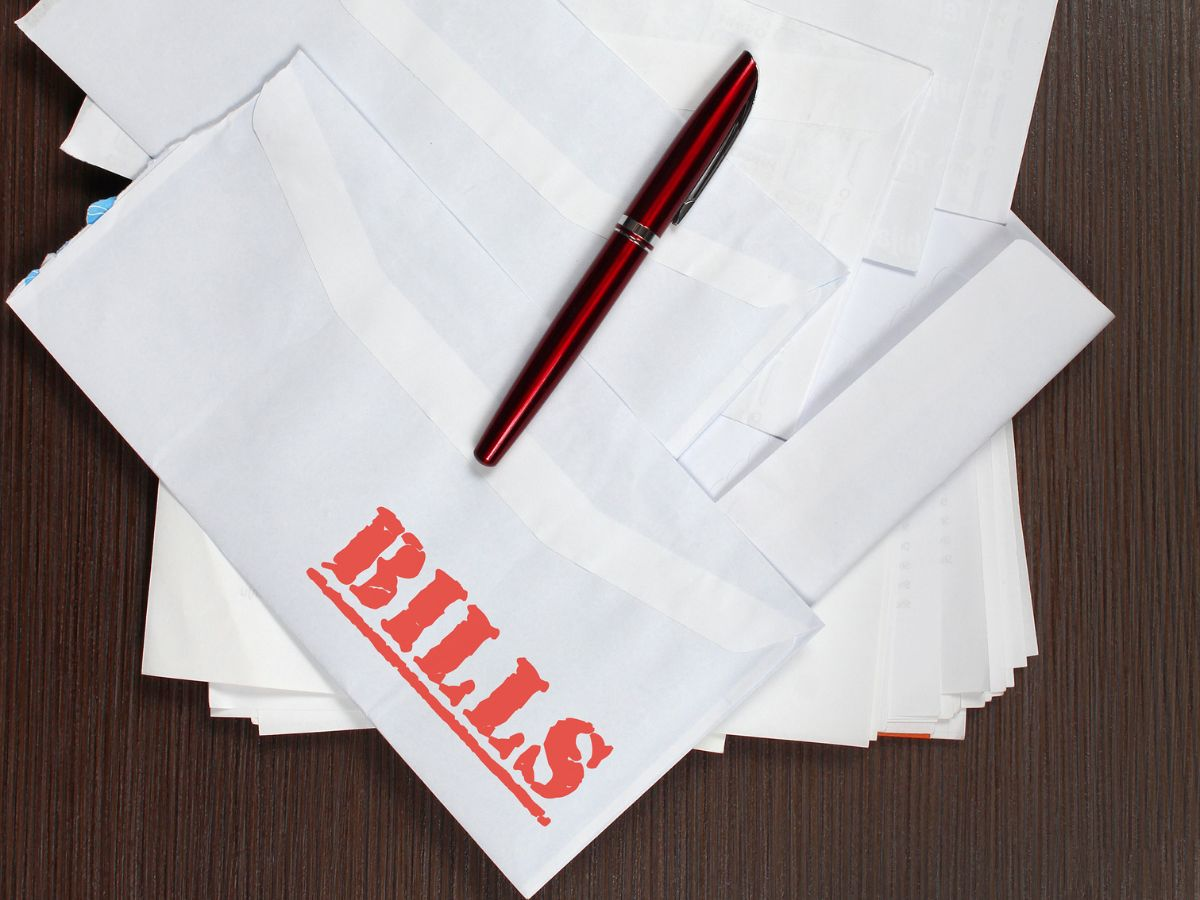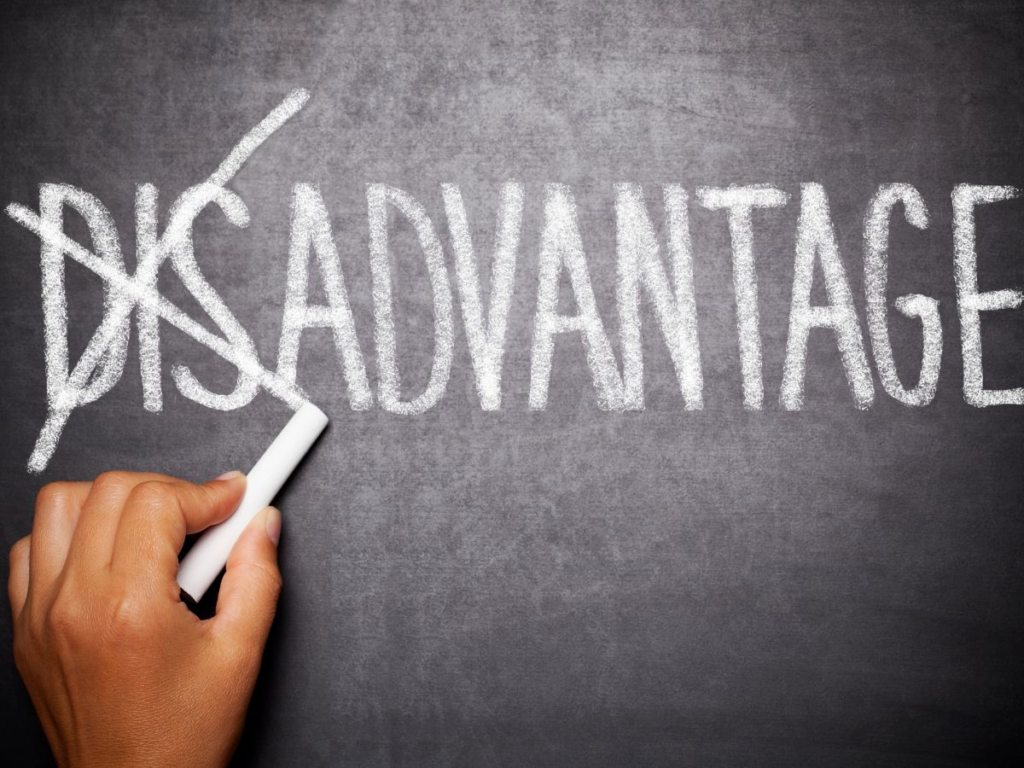BLOGS
Smart Debt Consolidation Strategies for Financial Relief

Smart Debt Consolidation Strategies for Financial Relief
Are you overwhelmed by multiple debts and struggling to keep up with monthly payments? Achieving financial relief may be just around the corner with smart debt consolidation strategies. In this blog post, you’ll learn about various debt consolidation options and how to assess your financial situation to determine the best course of action. Get ready to simplify your finances and get back on the path to financial freedom!
Key Takeaways
- Debt consolidation is a financial strategy that helps reduce debt by combining multiple loans into one with lower interest rates.
- Consider the terms and interest rates of any new loan or credit card before proceeding, as well as alternative strategies such as DIY repayment methods, credit counseling plans, and debt settlement/relief.
- Staying disciplined with credit card use while regularly monitoring progress can help achieve successful debt consolidation.
Understanding Debt Consolidation
Debt consolidation is a financial strategy that can simplify your life by combining multiple debts into one loan or credit card with lower interest rates. This process can not only make your monthly payments more manageable but also potentially save you money in the long run. We’ll examine what debt consolidation is and how it functions in more detail.
What is Debt Consolidation?
When you have several debts, such as credit card balances or personal loans, it can be challenging to manage them all. Debt consolidation involves merging these various debts into a single loan or credit card with more advantageous terms, such as lower interest rates. This ultimately simplifies your payment process and may lead to savings on interest charges, helping you pay off your debt sooner.
How Does Debt Consolidation Work?
The process of debt consolidation typically involves:
- Obtaining a new loan or credit card to pay off existing debts
- Resulting in a single monthly payment
- Making it easier to manage your finances and focus on paying off your debt
However, you should consider the terms and interest rates of the new loan or credit card, as they can significantly affect your overall savings and ability to pay off your existing debt, including your monthly debt payments.
Types of Debt Consolidation Options

There are several debt consolidation options available, each with its own set of advantages and drawbacks. The most common methods are:
- Personal loans
- Balance transfer credit cards
- Home equity loans
- Student loan consolidation
Understanding the different types of debt consolidation options can help you make a wise decision about which one best fits your financial situation.
Personal Loans for Consolidating Debt
Personal loans for debt consolidation are a popular option, as they usually offer lower interest rates than credit cards and can help you pay off multiple debts with a single monthly payment. Various lenders offer debt consolidation loans, each with its own set of qualifications and loan options. For instance, Best Egg requires a minimum credit score of 600, while Discover offers an APR range of 7.99% to 24.99%.
When considering a personal loan for debt consolidation, you should compare the interest rates, loan terms, and fees of different lenders to find the one that best aligns with your financial goals. Keep in mind that consistently making payments on time for the consolidated loan may result in an improved credit score.
Balance Transfer Credit Cards
A balance transfer credit card allows you to:
- Transfer high-interest debt to a card with a lower or 0% introductory APR
- Potentially save money on interest charges
- Focus on paying off your debt more quickly during the introductory period
However, you should be aware of the fees associated with balance transfers, which typically range from 3% to 5% of the transferred amount.
Home Equity Loans and Lines of Credit
For homeowners, home equity loans and lines of credit can be an attractive option for debt consolidation. These secured loans use the equity in your home to consolidate debt, offering lower interest rates than unsecured loans. However, you should consider the risks associated with using your home as collateral for a home equity loan, as failure to repay the loan could result in the loss of your property.
Student Loan Consolidation
If you have multiple federal student loans, student loan consolidation may be a viable option for simplifying your repayment process. By combining these loans into one, you may be able to lower your monthly payments, although this could potentially increase the total interest paid over the life of the loan. Weigh the pros and cons of student loan consolidation before deciding if it’s the right choice for you.
Assessing Your Financial Situation Before Consolidating

Before you consider debt consolidation, you should assess your financial situation to determine if this strategy is the best option for you. Analyzing your debt load, evaluating your credit score, and establishing a realistic repayment plan can help you make an informed decision about whether debt consolidation is the right path to financial relief.
Analyzing Your Debt Load
To determine if debt consolidation is a viable option, start by analyzing your total debt, interest rates, and monthly payments. A debt consolidation calculator can help you compare various consolidation options and estimate potential savings when utilizing a debt consolidation loan.
Understanding your current debt load and the potential benefits of consolidation can help you make an educated decision about whether this strategy is right for you.
Evaluating Your Credit Score
Your credit score plays a significant role in determining your eligibility for favorable loan terms and interest rates during debt consolidation. By evaluating your credit score, you can understand how it may impact your ability to secure a debt consolidation loan and take steps to improve your score if needed.
Keep in mind that a higher credit score usually leads to more favorable interest rates offered by lenders.
Establishing a Realistic Repayment Plan
After assessing your debt load and credit score, you should establish a realistic repayment plan that fits your budget and helps you achieve your financial goals. Consider factors such as your income, expenses, and other financial obligations when creating your plan.
Being realistic and disciplined with your repayment plan can help you stay on track and ultimately achieve financial freedom.
Advantages and Disadvantages of Debt Consolidation

Debt consolidation offers several benefits, including simplified payments and potential interest savings. However, it also carries risks, such as potential negative impacts on credit scores and the possibility that debt consolidation loans hurt your financial situation by increasing the total interest paid.
To make a wise decision about debt consolidation, you should weigh the advantages and disadvantages and consider alternative solutions if necessary.
Benefits of Debt Consolidation
Some of the main benefits of debt consolidation include streamlined budgeting, potential interest savings, and improved credit scores over time. By combining multiple debts into a single loan or credit card with more favorable terms, you simplify your budgeting process and make it easier to manage your finances.
Furthermore, debt consolidation can help you save money on interest charges and, with timely payments, improve your credit score over time.
Potential Risks and Drawbacks
While debt consolidation offers several benefits, you should be aware of the potential risks and drawbacks associated with this strategy. These may include:
- Short-term dips in your credit score
- Increased total interest paid if the new loan has a longer repayment term
- The temptation to continue using credit cards after consolidating debt
Understanding these risks can help you make an informed decision about whether debt consolidation is the best option for you.
Alternatives to Debt Consolidation
If you’re unsure whether debt consolidation is the right choice for you, there are alternative strategies to consider, including DIY debt repayment, credit counseling and debt management plans, and debt settlement or relief.
These strategies can help you manage your debt without the need for a consolidation loan and may be more suitable for your specific financial situation.
DIY Debt Repayment Strategies

Do-it-yourself (DIY) debt repayment strategies, such as the debt avalanche or snowball methods, offer an alternative to debt consolidation. These methods focus on paying off debt systematically by prioritizing debts with either the highest interest rates or smallest balances first.
By employing one of these strategies, you can pay off your debt without the need for a consolidation loan.
Credit Counseling and Debt Management Plans
Credit counseling and debt management plans offer professional guidance and structured repayment plans for those struggling with debt. By working with a credit counseling agency, you can create a realistic budget, negotiate with creditors, and set up a repayment plan that fits your financial situation.
This option can be particularly helpful for individuals who need assistance managing their debt but don’t want to take out a new loan.
Debt Settlement and Relief
Debt settlement and relief involve negotiating with creditors to reduce the amount of debt owed, often with the help of a debt-relief organization or credit counseling service. This option can be a viable solution for those who are unable to make payments on their debt and need a more drastic approach to achieving financial relief.
It’s important to carefully consider the potential impacts of debt settlement and relief on your credit score and overall financial health before pursuing this option.
Tips for Successful Debt Consolidation
To ensure successful debt consolidation, you should choose the right lender, maintain discipline with credit card use, and monitor your progress while adjusting your repayment plan as needed.
By following these tips, you can stay on track with your debt consolidation plan and ultimately achieve financial freedom.
Choosing the Right Lender

Selecting a reputable lender with competitive rates and terms that align with your financial goals is crucial for successful debt consolidation. Compare the interest rates, loan terms, and fees of different lenders to find the one that best suits your needs.
Keep in mind that a higher credit score usually leads to more favorable interest rates offered by lenders.
Staying Disciplined with Credit Card Use
One of the keys to successful debt consolidation is staying disciplined with your credit card use. To consolidate credit card debt effectively, avoid accumulating new debt on your credit cards, and make it a priority to pay off your balances in full each month.
By diligently managing your credit card use, you can avoid accruing credit card debt and continue to progress towards financial freedom.
Monitoring Progress and Adjusting as Needed
Regularly monitoring your progress and adjusting your repayment plan as needed can help you stay on track and achieve your financial goals. Utilize debt tracking tools, review your credit report, and reference your bill payment schedule to ensure you’re making progress in reducing your debt.
If necessary, make adjustments to your plan to better align with your financial objectives and keep moving forward toward financial freedom.
Summary
In conclusion, debt consolidation can be a powerful tool for achieving financial relief by combining multiple debts into a single loan or credit card with more favorable terms. By assessing your financial situation, understanding the various debt consolidation options, and following the tips for successful debt consolidation, you can simplify your finances and take control of your debt. It’s time to embark on your journey toward financial freedom and leave the burden of debt behind.
For personalized help and tailored debt consolidation solutions, do not hesitate to reach out to Vector Payments. As your dedicated financial partner, we are committed to providing expert advice and support on your way to economic well-being. Get ahead towards a future without debt – contact Vector Payments today and let us help you pave the way to a more secure and successful financial life.
Frequently Asked Questions
Does debt consolidation hurt your credit?
Debt consolidation can temporarily hurt your credit score due to a hard inquiry being placed on your credit report, resulting in a possible decrease of less than 5 points. However, if done correctly and with on-time payments, it will raise your credit scores over the long term.
Is it worth consolidating your debts?
Debt consolidation may be an attractive option if you have a manageable total debt amount and high credit score. It can help save money and provide more financial organization. However, make sure your monthly debt payments don’t exceed 50% of your gross income, and that you have the cash flow to cover your loan payments.
How to consolidate debt?
There are several options for debt consolidation, such as balance transfers, personal loans, retirement plan loans, home equity loans and lines of credit, and debt management plans. Be sure to carefully consider the details before making a decision and find an option that best suits your needs and situation.
How does a balance transfer credit card work for debt consolidation?
Balance transfer credit cards allow consumers to move their high-interest debt to a card with a lower or 0% introductory APR, enabling them to save on interest charges and consolidate their debt.
Are there any risks associated with using a home equity loan for debt consolidation?
Yes, there are risks associated with using a home equity loan for debt consolidation, such as the risk of losing your property if you can’t repay the loan.















